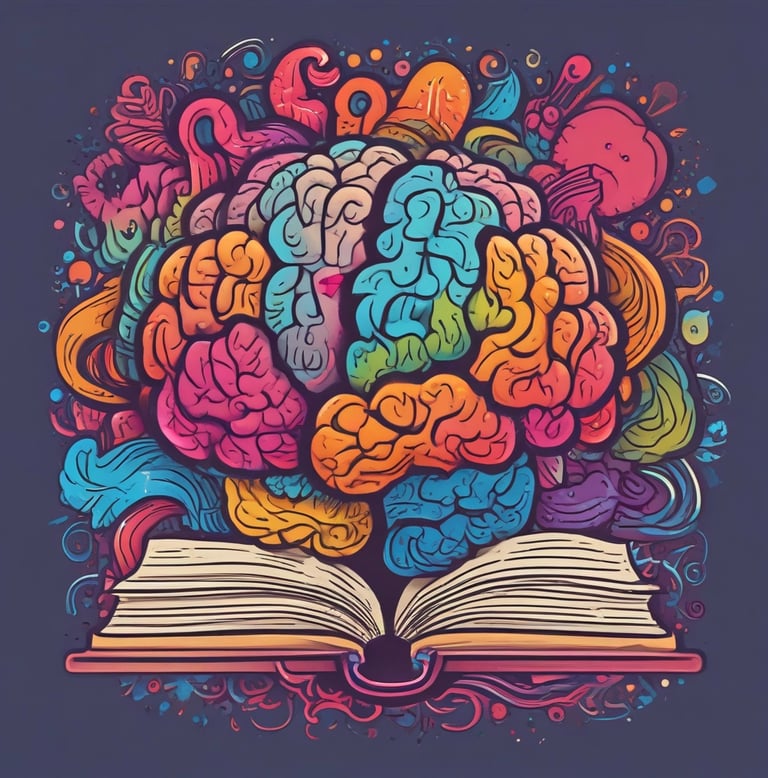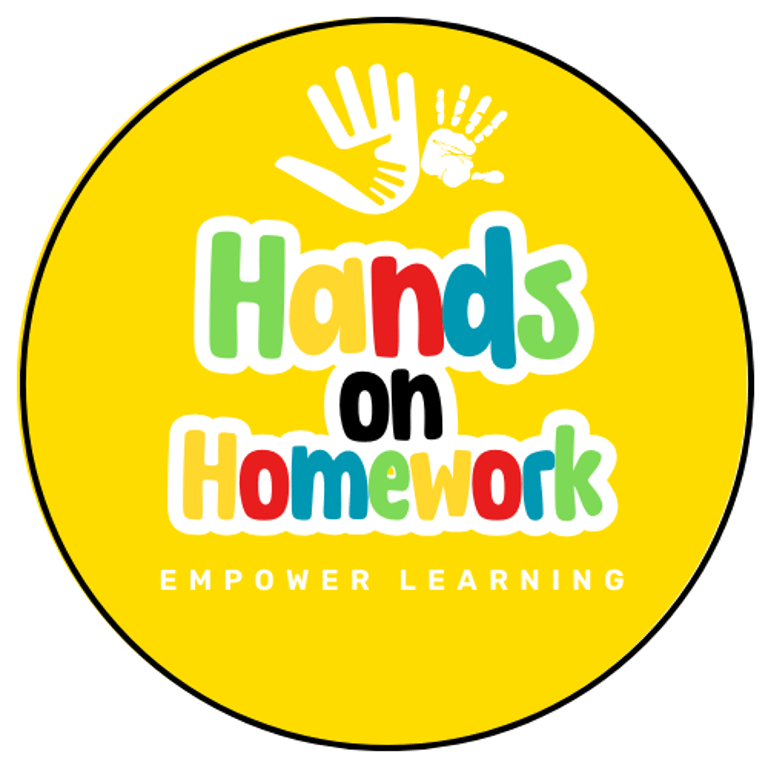Why Is Reading Important for your Childs Developement?
The benefits of books
READING
12/15/20244 min read


Why is reading important for your child's development?
One of the most powerful tools to children's growth and development is books! From building their vocabulary to nurturing their imagination, reading books to kids offers countless benefits.
In an era of technology where screens dominate much of children's attention, the act of reading aloud has never been more important. Reading to kids is crucial for their cognitive, emotional, and social development and it helps set the foundation for a lifetime of learning.
1. Develops Language Skills and Vocabulary
Reading aloud to children is one of the most effective ways to introduce them to new words and concepts. When you read, you expose them to a wide variety of vocabulary and sentence structures that they might not encounter in everyday conversation. This helps them expand their language skills, understand how language works, and begin to develop their own communication abilities. The more you read to your child, the more words they hear. Even reading the same book repetitiously will lead to better comprehension and speaking skills.
Studies show that children whose parents read to them regularly developed larger vocabularies, which, in turn, contributes to higher academic success later in life.
2. Enhances Cognitive Development
Reading books to kids stimulates their brains! It is one of the best ways to enhance their cognitive development from a really young age. Through stories, children learn about cause and effect, problem-solving, and logical thinking. When a child listens to a story, they begin to understand concepts such as time, space, relationships, and emotions. Use a variety of books to introduce children to basic math concepts, shapes, colors, and even science topics in an engaging and accessible way.
Moreover, reading to kids fosters critical thinking skills. When you ask your child questions about the story—such as “What do you think will happen next?” or “Why did the character do that?”—it encourages them to think analytically, make predictions, and connect ideas.
3. Fosters Emotional and Social Growth
Books provide children with a window into the lives of others, helping them develop empathy and emotional intelligence. When kids read about characters who face challenges, form friendships, or experience emotions like fear, joy, and sadness, they start to better understand their own feelings and the feelings of others. This emotional understanding is essential for social interactions and for building meaningful relationships.
Children also learn valuable social skills through the characters in books. They can see examples of good behavior, kindness, conflict resolution, and cooperation. Whether the story involves making friends, dealing with bullies, or understanding differences, books offer valuable life lessons in a way that resonates with young minds.
4. Sparks Imagination and Creativity
The world of books is truly vast! Take your child on journeys to enchanted forests, outer space, or underwater kingdoms—all from the comfort of home. This kind of imaginative play is crucial for brain development. Stories allow children to envision things that don’t yet exist or could never happen in real life. This sparks creativity and inspires them to think outside the box.
Moreover, children who are encouraged to imagine what happens next in a story or create their own endings tend to be more innovative and resourceful in their daily lives.
By stimulating the imagination, kids are more prepared to think creatively when they encounter problems or challenges in the future.
5. Strengthens the Parent-Child Bond
A cozy story-time session is one of the best ways to strengthen the emotional bond between parent and child. This special time spent cuddling up with a book, sharing stories, and talking about the characters’ adventures is a comforting and nurturing experience. It creates a sense of security and closeness, fostering a positive and supportive relationship.
Additionally, reading aloud provides an opportunity for conversation. Parents can ask questions, discuss the themes of the story, and even share their own experiences related to the content. This interaction nurtures a positive attitude toward learning and encourages children to engage in meaningful dialogue.
6. Build a Lifelong Love for Reading
One of the most important gifts you can give your child is a love for books. When children have positive, enjoyable experiences with reading from a young age, they are more likely to grow up as avid readers. This love for reading often translates into greater success in school and a lifelong passion for learning.
By making reading a regular part of your child's routine, whether it's bedtime stories or fun reading sessions during the day, you help them form a healthy habit that can serve them throughout their life. Children who grow up reading are more likely to enjoy reading as teenagers and adults, leading to a greater appreciation for knowledge and culture.
7. Improve Academic Performance
There’s a direct correlation between reading to children and academic success. Early exposure to books and stories helps children develop foundational skills in literacy. The more children hear stories, the more they understand how reading works, from left to right, top to bottom, and the connection between written and spoken words. These early experiences provide the tools they need to become skilled readers when they start school.
In fact, children who are regularly read to tend to perform better in reading and writing tasks as they progress through their education. Strong literacy skills are the cornerstone of academic achievement, and reading aloud sets children on the path to success in all areas of their education.
The Power of Books
In a world filled with distractions, the act of reading to kids remains a simple yet profoundly effective way to support their growth. It boosts language skills, fosters emotional and cognitive development, and strengthens the bond between parent and child.
Whether it's through fairy tales, adventure stories, or nonfiction books about the natural world, reading opens doors to new possibilities in your child's mind.
So, the next time you sit down with your child and open a book, remember: you’re not just telling a story—you’re laying the foundation for a brighter and more intelligent future.
